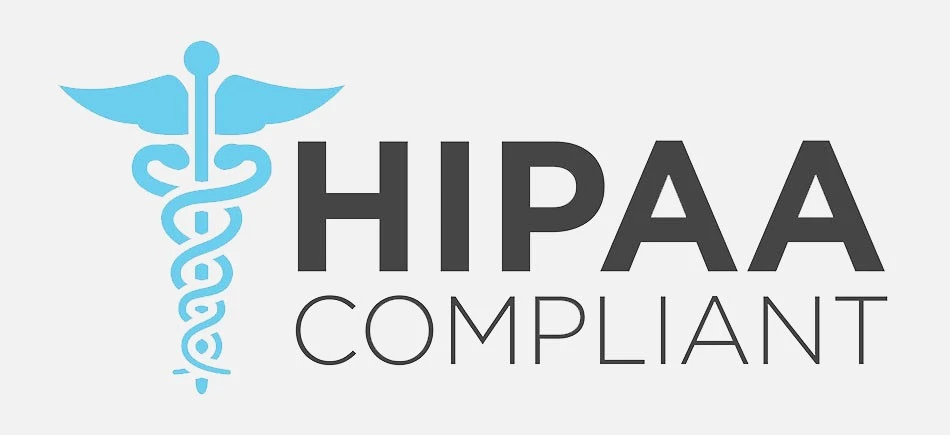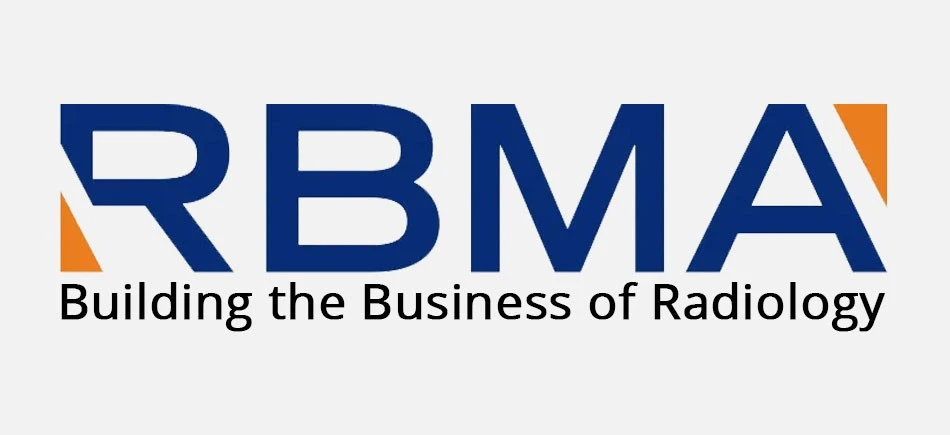Reasons and Tips to Improve Healthcare Claims Denial Management

Medical practices around the world are facing tough financial times. As doctors serve an ever-increasing number of patients and healthcare claims come under intense scrutiny, the ever-increasing paperwork and frequently changing laws ensure compliance issues are always at the forefront of the challenges being faced by a medical practice.
Out of all these challenges, research suggests that revamping the healthcare claims denial management process is one of the top things on the minds of healthcare CFO's. At the end of the day, effective denial management can not only provide a boost to your organization's revenue stream and collections rate, but also improve overall patient satisfaction.
6 Most Common Reasons for Healthcare Claims Denials
Unfortunately, claims denials by insurers are very common in the healthcare industry, and lead to medical offices losing a large chunk of revenue if the denials are not followed up by frequent appeals. Given the fact that more than 30% of the healthcare claims are denied on first submission, it becomes critical to improve denial management! In fact, 60% of these claims are never re-submitted again, mostly because of the busy nature of work at a medical practice. This in turn results in the practice never getting paid for its services, a harmful habit which in many cases has resulted in smaller practices even going bankrupt!
So, what leads to the denial of healthcare claims? Some of the most common reasons behind healthcare claims being denied include -
- Incorrect submission of patient information (name, DOB, etc.)
- Insurance coverage which has been terminated
- Non-covered services under insurance
- Services which require pre-authorization
- Claims filed too late after the service has been provided
- Invalid ICD-10 and CPT codes
6 Tips to Improve Healthcare Denial Management
Even with the rising pressure of claims being denied on a regular basis, medical practices must not lose heart. There are many ways to answer the question - "how to improve denial management?" Practices can of course target common areas of inefficiencies and waste so as to stop the continuous drainage of resources and revenue. Let us discuss some of the best ways to improve and manage healthcare claims denials -
-
Understand Why the Claims Were Denied in the First Place
 Before taking steps to streamline your denial management process, you should first ascertain why the claims were denied in the first place. Not all patients are knowledgeable enough when it comes to the insurance denial system, and educating them to file a claim properly can help in solving this issue.
Before taking steps to streamline your denial management process, you should first ascertain why the claims were denied in the first place. Not all patients are knowledgeable enough when it comes to the insurance denial system, and educating them to file a claim properly can help in solving this issue.The ideal way to minimize claims denials is to monitor your claims submission reports regularly, or designate professional staff to take care of it. You should also have a manager assigned to keep track of the fee schedule of each insurance carrier, since many times even if your practice is getting paid, you might be getting overpaid or underpaid.
Understanding the core reason behind the claims denial can have multiple benefits, including -
- Better patient satisfaction
- Maximized revenue collection
- Preventing future claims from taking place
-
Implement an EHR System
 Practices around the globe have seen a significant decrease in denials after implementing an electronic health record system which can verify patient eligibility in real-time. As the eligibility can be confirmed much before the patients' first appointment, healthcare practices get more time to get their insurance coverage related questions cleared up.
Practices around the globe have seen a significant decrease in denials after implementing an electronic health record system which can verify patient eligibility in real-time. As the eligibility can be confirmed much before the patients' first appointment, healthcare practices get more time to get their insurance coverage related questions cleared up.With an EHR system, one can also quickly track the reason in case of a claims denial and immediately file and appeal, as well as contact patients whose insurance has been terminated to take up the matter on their own.
-
Implement a Claims Denial Log
 Maintaining a claims denial log is essential to spotting early trends and reacting before things get out of hand. Today, with rapid advancements in technology, it has become easier to maintain electronic logs as part of your practice management system. The most basic components of a claims denial log include -
Maintaining a claims denial log is essential to spotting early trends and reacting before things get out of hand. Today, with rapid advancements in technology, it has become easier to maintain electronic logs as part of your practice management system. The most basic components of a claims denial log include -- Documentation received from the insurance company
- Specific medical code which was denied
- Service date
- Total amount requested
- Individual claim numbers
- Final status (resubmitted, charge adjusted, or appealed)
Claims denial logs can make you become more proactive to reacting to denials from insurance companies, especially if your denials rate is too high. You can not only pinpoint how many denials you chased after, but also make sure mistakes made previously never occur again.
-
Provide your Billers the Expertise in a Single Carrier
 Medium to large healthcare practices with enough resources on their hand can ensure that a single biller handles only one insurance carrier and all claims related to them at one time. This not only creates less confusion, but also makes your billers the subject-matter expert for that particular insurance carrier.
Medium to large healthcare practices with enough resources on their hand can ensure that a single biller handles only one insurance carrier and all claims related to them at one time. This not only creates less confusion, but also makes your billers the subject-matter expert for that particular insurance carrier.Each insurance carrier has its own restrictions and what it considers as a bundled service; as well have their own unique process for filing appeals. Some may take appeals over a phone, whereas others may need the appeal to be in writing. If your biller knows the insurance carriers processes properly, it might be easier for them to file the correct appeal.
-
File Appeals Within a Week
 The backbone of a successful denial management process is the ability of your practice to be able to handle claims properly and resubmit an appeal in double quick time. Your set process should be fast and reactive enough to file an appeal within a week of the denial being received.
The backbone of a successful denial management process is the ability of your practice to be able to handle claims properly and resubmit an appeal in double quick time. Your set process should be fast and reactive enough to file an appeal within a week of the denial being received.To set up the perfect workflow, you need to establish that you can track your claims as soon as they leave or re-enter your tracking system. Since many insurance carriers have their own set windows within which practices can file appeals, this would allow you time to prepare a valid case before filing an appeal.
-
Identify Common Healthcare Claims Denial Trends
 More often than not, healthcare practices find that the claims being denied follow a particular trend. Each denial on its own might not be able to tell a whole story, but by observing trends, you can set a more efficient system in place which would help you prevent similar frequent denials from occurring.
More often than not, healthcare practices find that the claims being denied follow a particular trend. Each denial on its own might not be able to tell a whole story, but by observing trends, you can set a more efficient system in place which would help you prevent similar frequent denials from occurring.Denial management is no easy task, and by observing trends, you can not only safeguard your present, but be battle-ready for trends which might arise in the future.
TAT 98% Accuracy 40% Cost Reduction 300+ Customers 26 years Experience
Customer-oriented healthcare outsourcing is our forte. Get in touch with us
5 Key Components of the Perfect Denials Management System
The ideal denial management system should include -
- High-tech Rules Engine: Your denials management system should be able to effectively track denial activity, identify new rules, and generate exhaustive reports. It should also be able to automatically distribute a set of rules over the entire network for comprehensive claims qualifications
- Charge Entry Analysis: Make sure your system can check claims in real-time to verify patient diagnosis and medical codes so as to ensure compliance before submission
- Claims-related Alerts: Your system should be able to automatically alert the people in-charge for events such as denied claims, claim resubmissions, track dates, etc.
- Real-time Analytics: Modern denials management is heavily reliant on customizable real-time reporting in order to ensure claims are paid in full, and determine places where improvements can be made
- Flexibility and Scalability: Your system should smoothly integrate with your existing software and should be able to scale up based on your organizational requirements
Choose Outsource2india for Timely Healthcare Denial Management Services
O2I is an expert healthcare BPO company and has been a leading service provider for global healthcare organizations and healthcare practitioners for the past 26 years. We specialize in healthcare revenue cycle services, and offer our high-quality expertise in medical billing and coding and denial management at cost-effective rates.
We use specialized teams that are extensively trained to work with and navigate the complexities of the modern-day medical insurance system. By choosing to partner with us, not only will your revenue stream see a significant positive impact, but also boost your customer satisfaction ratios.
Contact us right away and benefit from our claims processing experience!
Get a FREE QUOTE!
Decide in 24 hours whether outsourcing will work for you.
Have specific requirements? Email us at: ![]()
Key Differentiators
Software At O2I Healthcare
Specialties HIPAA Compliance HIPAA 5010
Standards Compliance CPT Coding
Compliance Healthcare
Processes Medical
Billing Process Charge
Entry Process Medical
Coding Process Medical
Claims Process FAQs on Medical Accounts
Receivable Services FAQs on Outsourcing
Claims Adjudication Services Medical
Transcription Process HL7 ICD-10 Compliance
-
 Outsourcing Medical Billing Services - Evaluating its Impact on Your Practice
Outsourcing Medical Billing Services - Evaluating its Impact on Your Practice
-
 US-based Healthcare Research & Consulting Firm Approached O2I For Medical Transcription Services
US-based Healthcare Research & Consulting Firm Approached O2I For Medical Transcription Services
-
 Outsource2india Provided Patient Onboarding Services to a Leading Healthcare Company
Outsource2india Provided Patient Onboarding Services to a Leading Healthcare Company
-
 Outsource2india Assisted a Florida-based Medical Billing Company with ICD-10 Implementation
Outsource2india Assisted a Florida-based Medical Billing Company with ICD-10 Implementation
-
 Caribbean Radiologists Got STAT Reports Automation Services from Outsource2india
Caribbean Radiologists Got STAT Reports Automation Services from Outsource2india
-
 Outsource2india Helped a Medical Imaging Firm with Quick Teleradiology Services
Outsource2india Helped a Medical Imaging Firm with Quick Teleradiology Services

















 \
\






